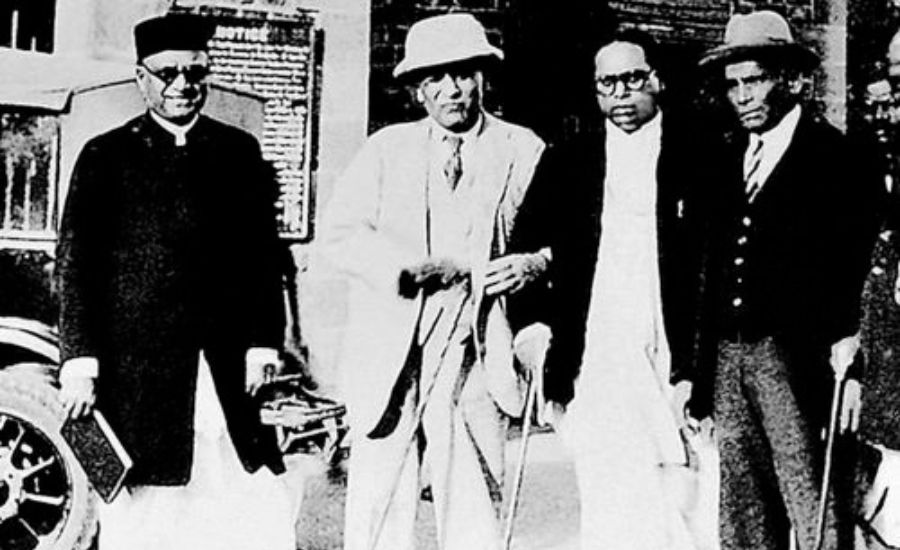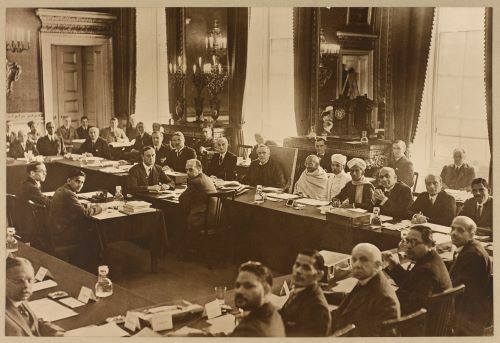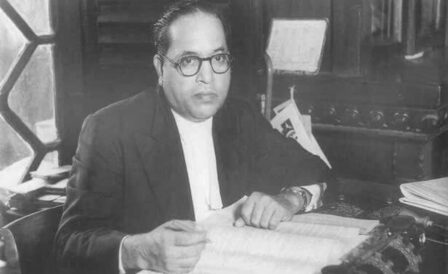
Recently, the Governor of Tamil Nadu made a controversial statement at a function organised on Mahaparinirvan Diwas, B.R. Ambedkar‘s death anniversary. He argued that Ambedkar’s decision to accept the Poona Pact was targeted at the British ‘divide-and-rule’ policy. As you know, the Poona Pact dropped separate electorates for the so-called ‘Depressed Classes’.
But is it true that Ambedkar accepted the Pact with the British in mind? First, let us clarify what we mean by separate electorates. Under this system, only the voters of a particular community vote for representatives from their community, for whom seats are reserved in legislatures. This political device has often been viewed as a critical tool for the protection of minorities. However, others have argued that separate electorates sharpen communal differences and prevent nation-building.
The tension over separate electorates played out quite strongly within the freedom movement. At various points, Muslim, Dalit and Sikh leaders demanded separate electorates. Leaders of India’s dominant political parties like the Congress opposed these demands, as they felt that separate electorates would hamper national unity.
Separate electorates were first introduced in the Indian Councils Act of 1909, but only for Muslims. The Government of India Act of 1919 extended them to Sikhs, Christians and Anglo-Indians as well. But there had been no mention of the ‘Depressed Classes’ in this context up until then.
Things reached a boiling point when the British, through the Communal Award of 1932, introduced separate electorates for the ‘Depressed Classes’. It included them in the overall joint electorate, but also granted separate electorates for representatives from their own community. It was hoped that this would prevent the splintering of the Hindu community.

But M.K. Gandhi was not pleased with this provision, and announced a fast unto death to reverse the Award. Ambedkar was stupefied by this decision. He could not understand why Gandhi was so adamant to drop this important political safeguard for the Dalit community. He tried to allay Gandhi’s fears by arguing that if separate electorates for Muslims and Sikhs had not splintered the nation, why such fears for the Dalits? Moreover, they would still continue to vote alongside caste Hindus in the joint electorate.
In the face of Gandhi’s persistence, Ambedkar had no choice but to save his life by accepting his demands. The resultant Poona Pact dropped separate electorates for the ‘Depressed Classes’.
Now, Ambedkar’s own writings and speeches never mention the British as a factor in accepting the Poona Pact. In fact, he clearly rejects the notion that separate electorates would lead to divisions in Indian society. He was also concerned about the violent reprisal against the Dalit community, if anything happened to Gandhi:
“Whether he knows it or not, the Mahatma’s act will result in nothing but terrorism by his followers against the Depressed Classes all over the country.”
Ambedkar continued to denounce the Poona Pact repeatedly in both private and public. The States and Minorities Report prepared by him in 1945 for the Scheduled Castes Federation explicitly rejected the Poona Pact. All this goes to show, that Ambedkar’s motivations to accept the Poona Pact had nothing to do with thwarting British divide and rule policy. It had everything to do with tensions between Ambedkar and the dominant political parties of the time on the question of political protection for the Dalit community.
More blog posts

The Influence of Dewey’s Ideas of Social Forces on B.R. Ambedkar
16 May 2023 • By Siddharth Jha
A recent book by Scott Stroud carefully explores the influence of philosopher John Dewey and his pragmatic philosophy on B.R. Ambedkar. Here, we focus on one strand of this influence: Dewey’s ideas of social forces and the role of the individual in effecting social change.
